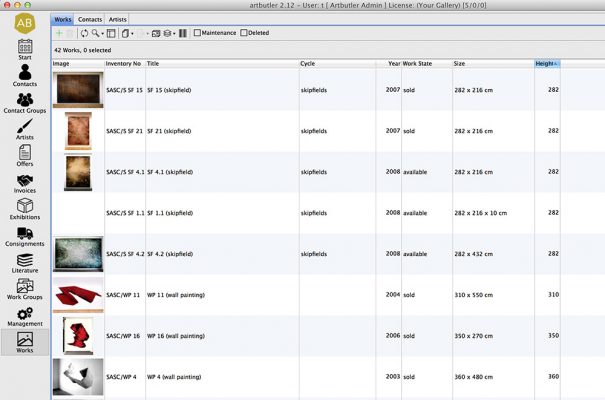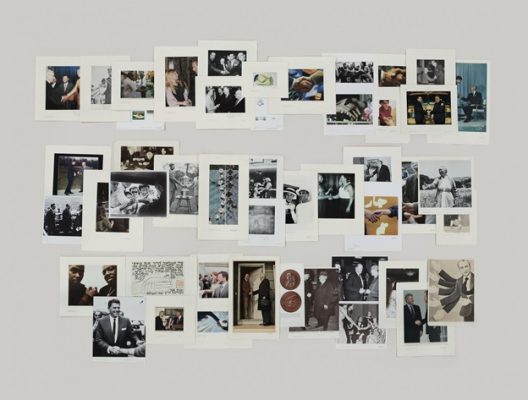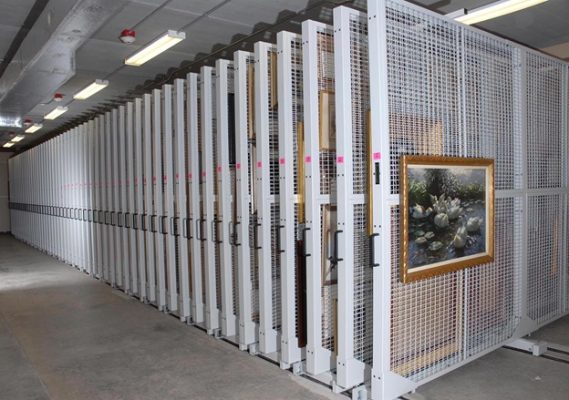Today I’m featuring simple organization tips for artists. I trust that this will help artists stay up to date and become more organized in their daily activities.
It’s a myth that some people were born more organized than others. The whole concept of perfect genes or orderly existence is overrated.
Being organized is a virtue that’s is acquired just like learning new things, for example, a new language. People organize their whole work system after seeking to build that conscious self and wanting to become more productive in their day to day life. As an artist, being organized is very essential.

Here are 7 Simple Organization Tips for Artists
1. Keep an updated inventory
An up-to-date inventory will not only keep track of all your artwork but also allow you to manage your clients & cultivate a long-term relationship with the right people. Managing your inventory; listing all that was sold, the names & location of the buyers and everything in between can be a daunting task.
If you as an artist cannot run this on your own, it’s important to award the job to someone competent. An exhibition may call for a certain artwork that was sold and you may want to reach out and see if the current owner is willing to loan the piece for an upcoming event. This is possible only if you have clear records of the past sales.

2. Update your media list
Every artist should have a contact management system that keeps track of upcoming events, lists of competitions, exhibitions, deadlines, and submissions. Without such a system to organize your events into relevant groups; separating what is urgent from what is not, it will be hard to enjoy your creative profession. All events will be properly documented by setting aside some few minutes every day to update your media list.

3. Create a photo archive
Creating a photo archive builds your portfolio and let you track your creative journey as an artist. According to Wikipedia, photo archives collect artwork regardless of how popular or trendy it is at a given time.
Many ancient artists popularized the idea of keeping photo archives with a belief that the reputation of such photos or artwork would change in years to come. This is something that has come to pass. Nowadays, ancient arts are used as a forum for scholarly dialogue and have been very insightful in developing modern art.

4. Store your press clippings
As an artist, there are high chances that your work will spread and your name will appear once or twice on some online platform or publications. For references and to make sure the right image is being portrayed to your fans, you would like to keep track of the press you receive.
A good record of your media attention is crucial. Sometime you may be requested to provide a bibliography when applying for residencies or grants and more often, scanned copies would be required.
With time, your career will also grow and you’ll find people who want to involve you in their research. Having a complete archive of your career and how it’s been reflected in the media ensures that the right information about who you are and what you do is presented out there.
To store and organize your press clippings, set up Google alerts and you’ll always be informed when you’re mentioned somewhere on the online platforms. Also, ask book authors or journalists to send you scanned copies of any published material that has your name mentioned.
5. Get proper storage for your artwork
This is one of the most important organization tips. Every art lover; from sculptors to abstract painters knows the importance of proper art storage. Hanging, for example, is both a storage and display technique that keeps your work organized. Depending on what you find to be flexible and reliable, you can use curtain rods, strings or wires provided it’s efficient and appealing.
In a post on Quora, art storage isn’t limited to hanging on the walls. It all depends on the type of art you create- how delicate and sensitive they are. Some artists prefer to use a special bag called portfolio while others create their own customized storage bags using cardboards and decorative papers.

6. Update your website
Most professionals in the creative industry have a well-managed website. A website serves a number of purposes in a creative career; it connects you to your fans, it helps you display and sell your art and also serve as a digital backup.
Developing your own professional portfolio as an artist help build your brand and all the good things that come with appropriate market exposure. According to Forbes, building your brand generates credibility and gives you a chance to show your creativity.
7. Build your online presence
Self-promotion is an important part of selling your art. Building your brand as an artist requires you to have an online presence. An online presence will help you to make a living from your project or generate income from it. Self-promotion through your online presence is important to attract potential clients, grow your audience and sell yourself as an artist.
Conclusion
Everybody is creative in some aspect of life but the magnitude always varies. This is why there are artists and fans. People earning good money with their creativity pays attention to these simple organization tips.
Discovering a talent and choosing to be an artist is just but the icing on the cake, the real work is getting started, coming up with a plan and eventually selling a few copies- all which happens if you’re fully organized.
Do you agree with my organization tips for artists? Leave a comment below and let me know what you think, I would love to hear from you.
Watch this space for updates in the Hacks category on Running Wolf’s Rant.
Like what you just read? Subscribe To Our Newsletter to stay in the loop.
Feel free to explore our website or check out our Featured Articles.
Looking for a gift for that special person in your life? Check out Netflorist.co.za, South Africa's top online florist and gift service. They offer flowers, gifts, and hampers for all occasions AND reliable nationwide delivery.


